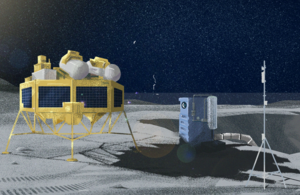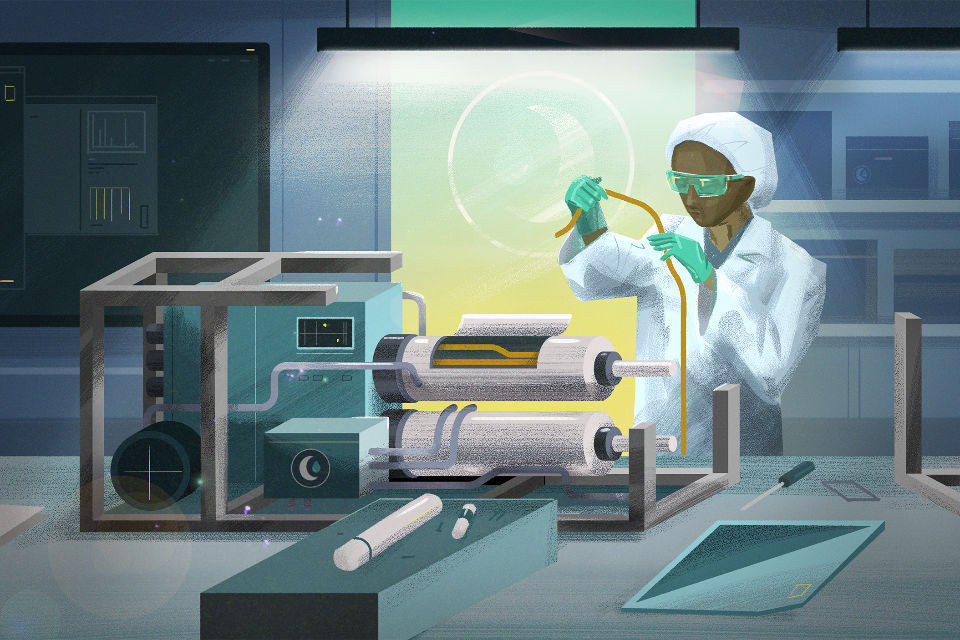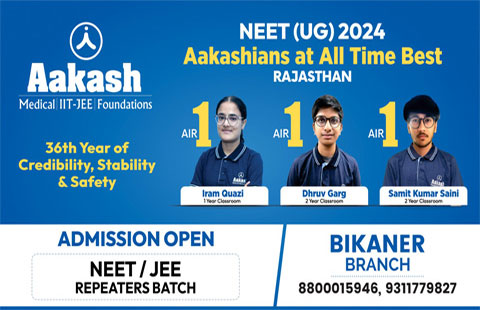Sat, 04 January 2025 03:28:14pm
Related Tags: Lunar Water Purification, Aqualunar Challenge, UK Space Agency, Artemis Missions, Space Exploration Technology
UK Space Agency Awards Groundbreaking Lunar Water Purification Technologies
UK Space Agency Awards Groundbreaking Lunar Water Purification Technologies
In a bold move to make human habitation on the Moon a reality, the UK Space Agency has awarded funding to ten pioneering technologies aimed at purifying water frozen in the Moon's soil. These innovative solutions are crucial for sustaining a permanent crewed base on the lunar surface.
The Aqualunar Challenge:
The Aqualunar Challenge is a £1.2 million international prize funded by the UK Space Agency’s International Bilateral Fund and delivered by Challenge Works. This initiative aims to develop cutting-edge technologies to extract and purify water from the Moon’s soil, making long-term human presence viable.

Funding and Finalists:
Today, the UK Space Agency has awarded £300,000 to ten UK teams, each receiving £30,000, to further develop their technologies. These teams are tasked with creating reliable water purification systems to support the Artemis campaign, NASA's goal to establish a lunar base by the end of the decade.
Innovative Solutions:
The finalists' technologies include:
- Titania-Diamond Annular Reactor (TiDAR): Uses UV light and robust diamond electrodes to break down contaminants in lunar soil, producing safe drinking water and potentially useful materials like rocket fuel.
- SonoChem System: Employs powerful sound waves to generate free radicals, effectively removing contaminants from water derived from lunar ice.
- Ganymede’s Chalice: Utilizes a solar concentrator to focus sunlight on lunar ice, boiling it and separating each component through chemical processes to produce pure water.
Strategic Importance:
Paul Bate, CEO of the UK Space Agency, emphasizes the importance of these technologies for the success of NASA's Artemis Missions. "The ambition to build a sustainable human presence on the Moon will only succeed if we have ways of generating a reliable supply of clean water," Bate said.
Broader Implications:
These lunar water purification technologies have significant potential applications on Earth, particularly in water-stressed regions. Holly Jamieson, executive director of Challenge Works, highlighted that autonomous, maintenance-free systems developed for the Moon could be invaluable in remote locations on Earth.

Future Prospects:
The UK Space Agency, in collaboration with the Canadian Space Agency (CSA) and Impact Canada, continues to push the boundaries of space technology. The finalists will showcase their innovations at the Farnborough Air Show, with winners and runners-up announced in Spring 2025.
Conclusion:
The Aqualunar Challenge represents a pivotal step in advancing space exploration and addressing global water scarcity. These groundbreaking technologies not only pave the way for lunar habitation but also hold the promise of transforming water purification on Earth.
Key Points:
- UK Space Agency awards £300,000 to ten teams for lunar water purification technologies.
- The Aqualunar Challenge is part of a £1.2 million international prize aimed at supporting NASA's Artemis Missions.
- Innovative solutions include the TiDAR system, SonoChem System, and Ganymede’s Chalice.
- These technologies have potential applications on Earth, particularly in water-stressed regions.
- Finalists will be showcased at the Farnborough Air Show, with winners announced in Spring 2025.

